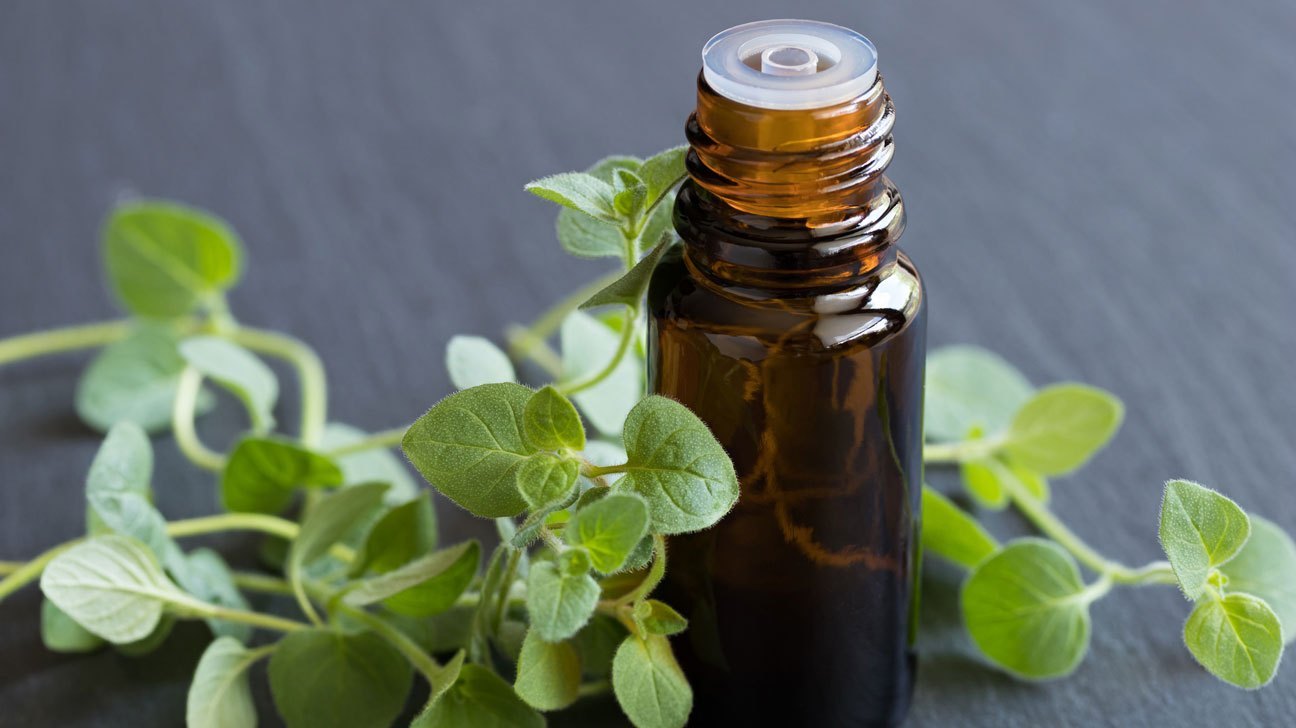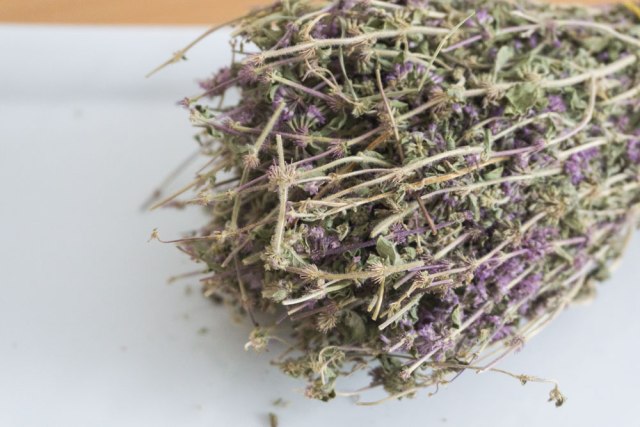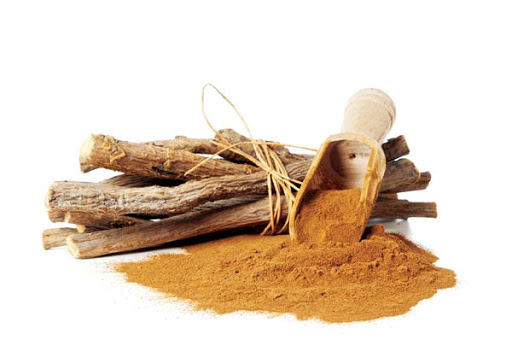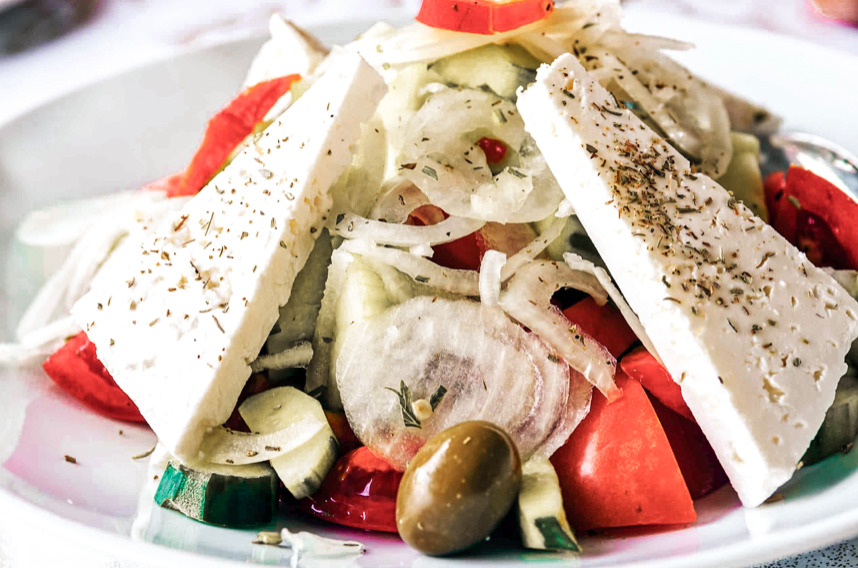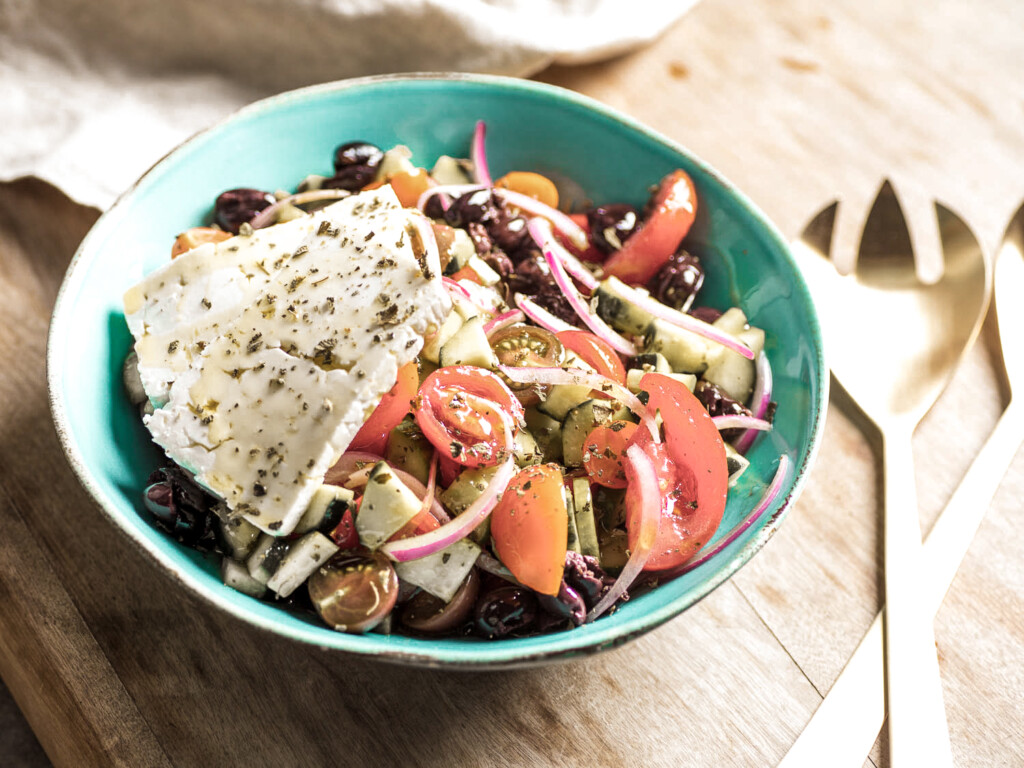Cough, sneeze, splutter. Beyond Covid anxiety we always have and always will come down with flus and colds during the colder months. Here are some remedial indigenous herbs to use for ultimate natural healing.
Boil a pot of water, add herbs and brew. Create a magical healing potion made from some of nature’s best ingredients just like our ancestors have done around the world for thousands of years, in Grece, China, India, Africa and beyond. Herbs are wonderfully restorative to drink when we are feeling at our worst, and can also be used for their curative elements for steam-breathing, compresses and to season food. Here we selected the herbs and roots that are considered to offer the most potent healing effects for colds, flus, cramps, lethargy that can come from Seasonal Affective Disorder in winter and even recipes for boosting the immune system.
Herbs To Help Battle Cold & Flu Symptoms
Fliskouni
It looks a bit like wild thyme because of its small, prickly leaves and pink or purple flowers but it smells more like mint, which is the family it belongs to. Apart from iots antispasmodic and diuretic properties, fliskouni is also excellent for treating respiratory ailments like brionchial symptoms, throat ache, congestion, coughs and asthma. Meanwhile it’s also considered to be a good tonic for the heart and has a mild and pleasant sedative effect. Great for drinking or steam-breathing (placing the herb in a bowl of boiled water and deeply inhaling the steam).
Licorice – Glykoriza
Licorice root, which looks like a small twig, can be chewed and sucked or even steeped (for at least 20 minutes) or boiled (for at least five minutes). It has been used as a treatment for respiratory ailments (especially congestion of the chest, or asthma) for over 4000 years. It’s also effective in alleviating stomach acidity or nausea and stomach aches, and at the same time it is thought to be a mood-lifting herb that especially works for tackling melancholic moods. Modern science has shown that liquorice has an anti-inflammatory and anti-spasmodic action and contains a compound called glycyrrhizin (as its Greek name – glykoriza suggests), which has strong antiviral properties.
Oregano
Great in your Greek salad or tomato sauce, when steeped for around 20 minutes or even longer oregano releases antioxidant-rich oils that have a strong antibacterial, antifungal and antiseptic effect. It’s especially good for alleviating respiratory ailments and congestion, while it’s also considered to be a blood-cleanser and a digestive tonic. Drink it as a tea in a small cup up to three times a day when you have a cold, or use in steam-breathing.
Thyme
The Herb of Aphrodite, as it was known in classical Greece, was also used by the Spartans, who rubbed its puungent leaves into their chests, as a pre-battle pep to help them breathe deeply and fight strongly. High in Vitamins A, K & C as well as iron and calcium, thyme is a good ally to the immune-system as well as a direct warrior herb for fighting your cold or flu symptoms. Drink it or steam-breathe it to alleviate a sore throat or chesty cough, nasal congestion and a crampy stomach.

